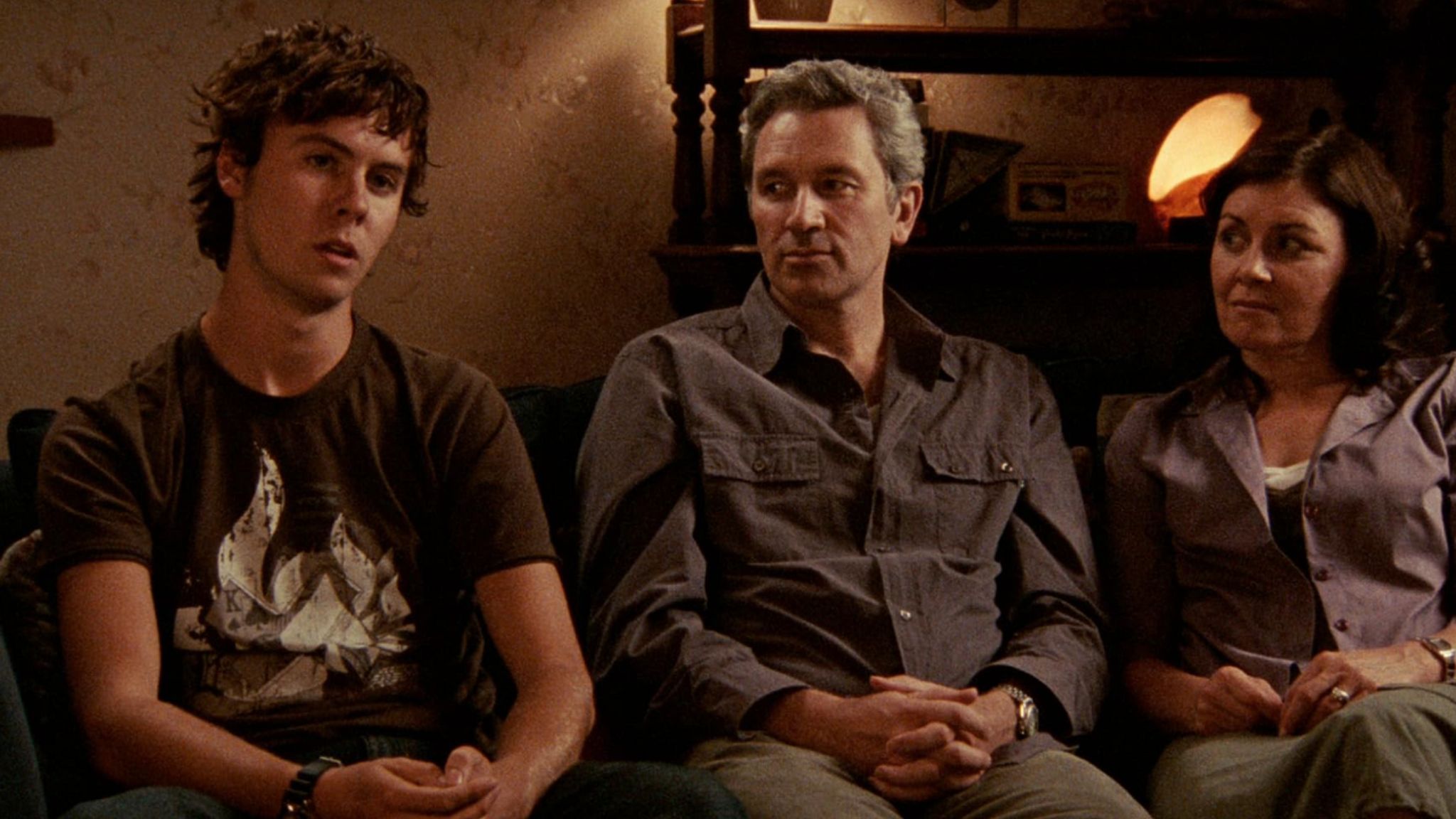
The genre of found footage movies, known for producing some of the scariest and revolutionary experiences in horror like “The Blair Witch Project” and “Paranormal Activity”, has unfortunately become quite oversaturated over time. For every unique contribution, there are many copied versions relying on cheap jump scares, unsteady camera work as a crutch rather than an effective storytelling device, and unoriginal plots. This oversaturation often results in truly unsettling films being overlooked and not receiving the wider audience they should. One such overlooked film is Joel Anderson’s 2008 Australian psychological horror, “Lake Mungo”. This somber mockumentary breaks away from typical found footage conventions by choosing a slow-building, eerie tension that stays with you long after the movie ends. It’s an excellent example of subtle horror that delves into grief, secrets, and the chilling mystery surrounding those we hold dear.
The documentary titled Lake Mungo is constructed using interviews, news broadcasts, and supposed home videos and photos as its foundation. It follows the heart-wrenching aftermath of the Palmer family, who are left devastated by the accidental drowning of their 16-year-old daughter, Alice, during a family outing at a nearby dam. After Alice’s death, peculiar events start happening around their home, causing them to suspect that her spirit is tormenting them. They install video cameras throughout their house in an attempt to gather proof of the supernatural, and what they uncover forms the core of the film’s storyline.
Lake Mungo stands out distinctly from conventional ghost-hunting stories. Instead, the horror lies in the oppressive sadness, the eerie sensation of something indescribable, and the gradual revelation of a life that was intricately woven beyond what her family had fathomed. This film uniquely penetrates one’s psyche with its overarching authenticity and profound portrayal of a family struggling with an unthinkable grief.
Lake Mungo Will Become Your Next Found Footage Obsession

Lake Mungo stands out uniquely within the found footage subgenre due to its careful creation of an ominous ambiance. Director Joel Anderson skillfully builds a pervasive feeling of discomfort, which intensifies gradually through a strategic buildup of eerie details and tense instances of apprehension. The movie’s mockumentary format, with calm interviews conducted among the Palmer family, friends, and paranormal investigators, gives an almost everyday realism to the extraordinary occurrences being recounted. This practical approach makes the “evidence” they unearth — blurry photos and indistinct figures in video recordings — even more spine-tingling.
In constructing an atmosphere of suspense, the sound design significantly contributes. The movie Lake Mungo frequently employs silence, broken by the ambient sounds of a suburban residence or the desolate terrain near Lake Mungo. This quietness amplifies the effects of the soft noises and hushed voices heard intermittently. As the family digs deeper into Alice’s apparent haunting, the film also investigates how trauma can skew reality and how seeking answers may uncover even more disquieting questions – a theme echoed by the meticulous audio editing in Lake Mungo. Furthermore, the raw quality of the “archival” footage heightens the impression that we are privy to something authentic and intimate, making the unsettling revelations seem even more invasive.

At first glance, Lake Mungo appears to be a paranormal investigation focused on a possible haunting. However, as the Palmer family, along with a parapsychologist, delve deeper into the photographic and video evidence of Alice’s apparent ghostly manifestations, they uncover secrets about their daughter that she kept hidden during her lifetime. What started as an investigation into the “ghost” unexpectedly transforms into an exploration of Alice herself, revealing a concealed universe of anxieties, relationships, and experiences that the Palmers never knew existed. It’s this shift where Lake Mungo truly shines, transcending the boundaries of conventional ghost stories to delve into the poignant revelation that those we hold dearest can harbor an inner life full of mysteries.
As a follower, I’d say that Lake Mungo truly stands out in the realm of found footage films due to its focus on psychological terror, deep emotional layers, and an overwhelming atmosphere of existential angst rather than momentary frights. Its slow, documentary-like approach lends an eerily realistic feel to the story, delving into the powerful effects of mourning and the unsettling mystery of concealed truths. It’s a film that leaves a lasting impression and deserves much more attention it hasn’t received yet.
To make this all even better for new viewers, you can stream Lake Mungo for free on Tubi.
I’d love to hear about your opinions on Lake Mungo, and if there are any underappreciated found-footage films that you believe should receive more attention.
Read More
- Gold Rate Forecast
- Masters Toronto 2025: Everything You Need to Know
- Rick and Morty Season 8: Release Date SHOCK!
- SteelSeries reveals new Arctis Nova 3 Wireless headset series for Xbox, PlayStation, Nintendo Switch, and PC
- Discover the New Psion Subclasses in D&D’s Latest Unearthed Arcana!
- PI PREDICTION. PI cryptocurrency
- Mission: Impossible 8 Reveals Shocking Truth But Leaves Fans with Unanswered Questions!
- Eddie Murphy Reveals the Role That Defines His Hollywood Career
- We Loved Both of These Classic Sci-Fi Films (But They’re Pretty Much the Same Movie)
- Discover Ryan Gosling & Emma Stone’s Hidden Movie Trilogy You Never Knew About!
2025-06-08 22:09